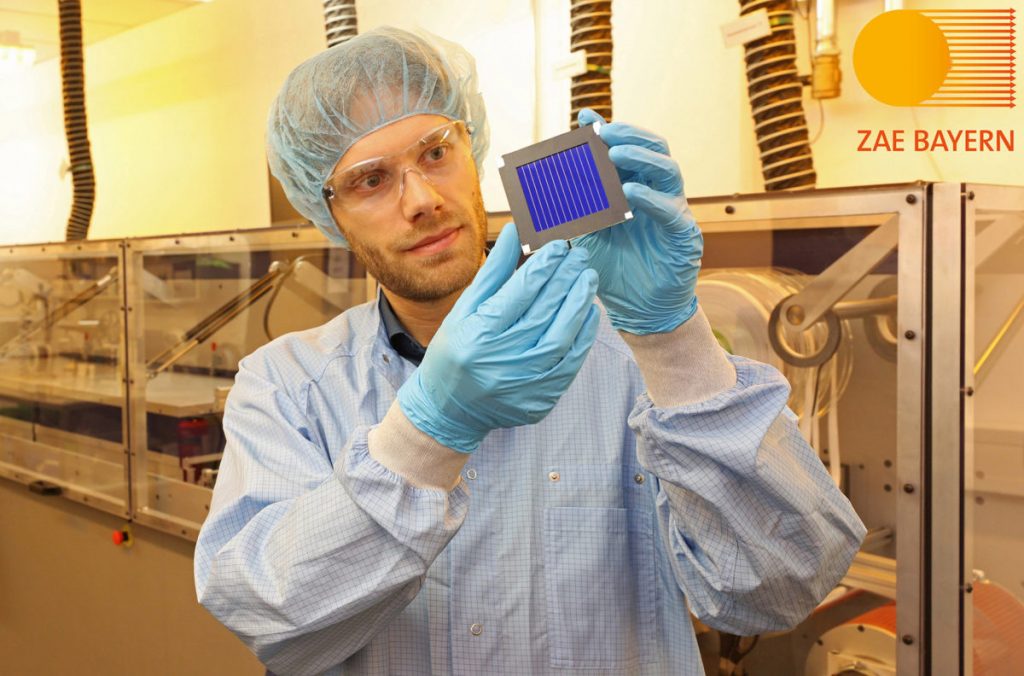Helmholtz-Zentrum Berlin (HZB) researchers have set a new global efficiency record for a silicon-perovskite tandem solar cell, with a certified efficiency of 32.5%. “This is a really big leap forward that we didn’t foresee a few months ago,” said Steve Albrecht from HZB’s perovskite tandem solar cell department. “All the teams involved at HZB, especially the teams from the PV Competence Center (PVcomB) and the HySPRINT Innovation Lab, have worked together excellently and with great dedication on this.
The researchers made use of an enhanced perovskite compound with a modified surface. The study’s authors, Silvia Mariotti and Eike Köhnen, created an interface modification that greatly reduces charge recombination losses. They also used unique measurement techniques to have a better understanding of the fundamental processes. Lea Zimmermann successfully applied these advancements to tandem solar cells and integrated them with additional optical improvements.
Various research organizations and photovoltaic enterprises across the world have continuously increased efficiency ratings in recent years. At the end of 2021, multiple HZB teams reached a then-record efficiency of 29.8%. The HZB has now achieved the highest efficiency value of 32.5%. “We are quite delighted with the renewed big increase in efficiency,” Albrecht said. “This illustrates the enormous potential of perovskite/silicon tandem solar cells to contribute to long-term energy supply and turnaround in the next years.”
In recent years, there has been a continuous increase in efficiency values by various research institutions and photovoltaic companies worldwide. HZB did not break the previous world record for solar cell energy conversion efficiency until late 2021 when various teams from HZB achieved a then-recorded value of 29.8% efficiency. In the summer of 2022, the Swiss Ecole Polytechnique Fédérale de Lausanne cracked the 30% barrier for energy conversion with a 31.3 percent efficiency.
The HZB now holds the record, but researchers at other institutes are also pushing the limits of what is possible with solar cells and promising a brighter, greener future for the globe.

